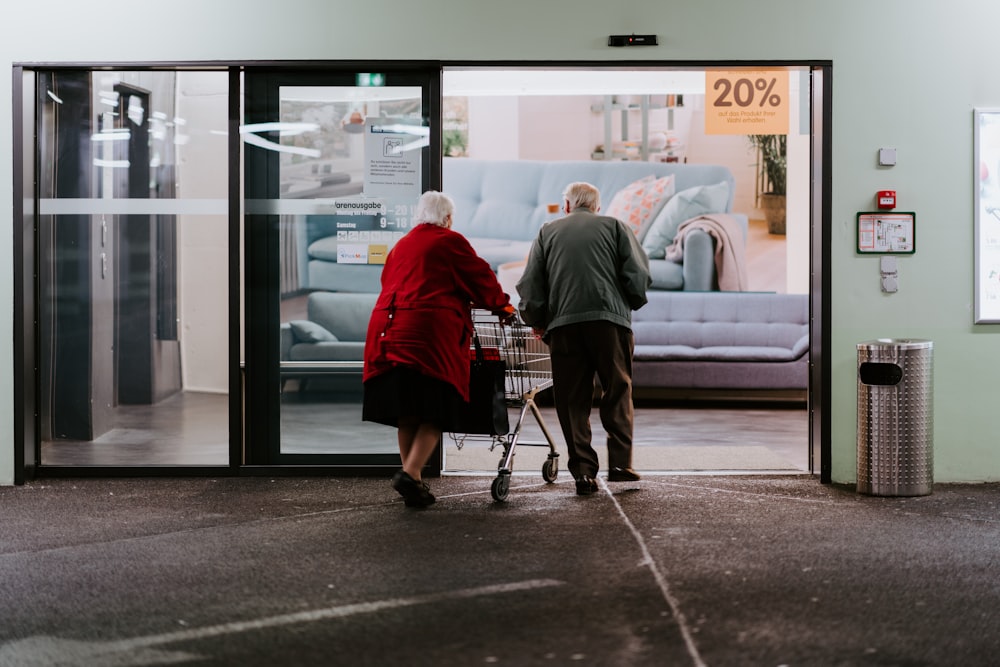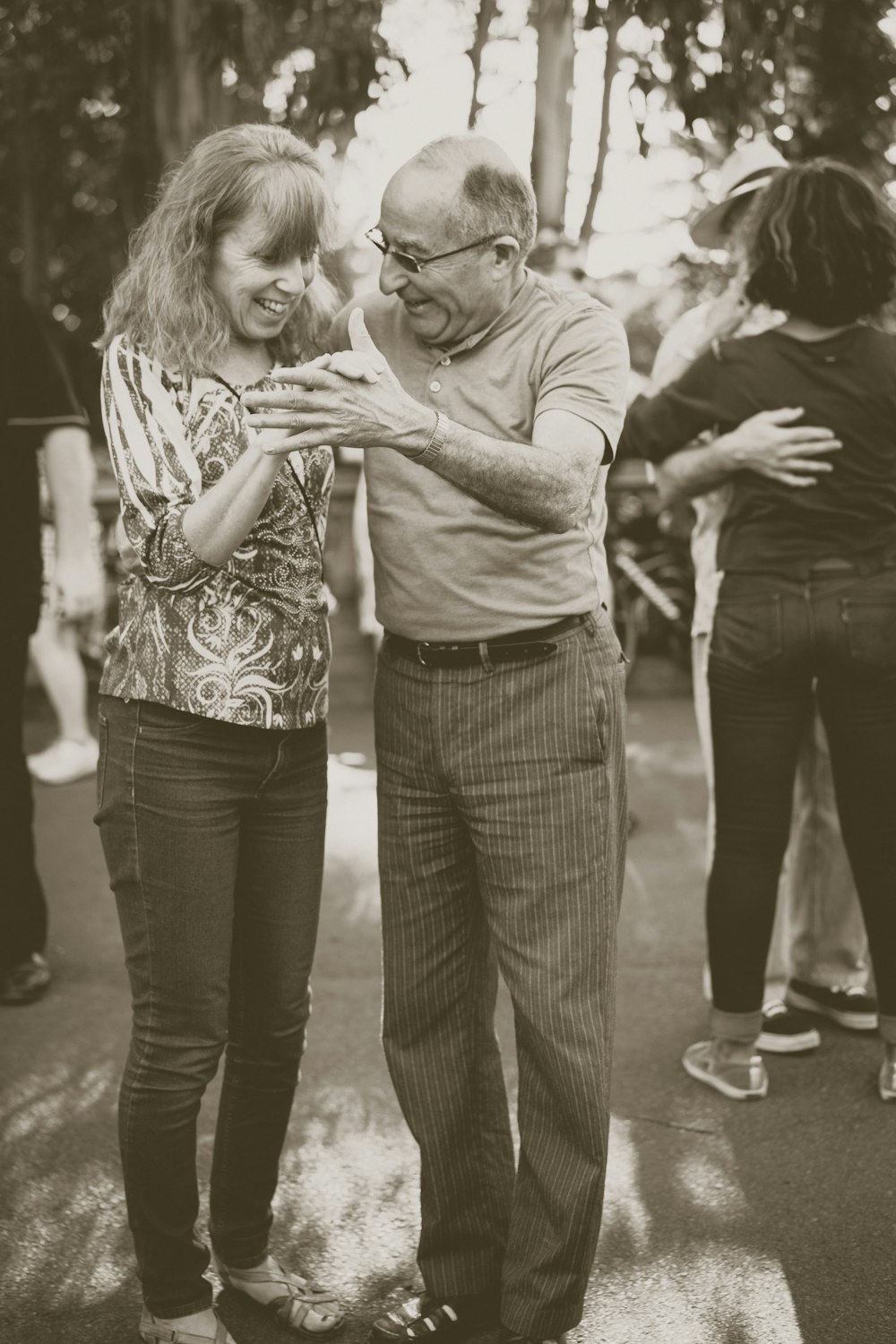Ageing: At a glance

The World Health Organization (WHO) recently published an information sheet online about the predicted demographic shift of the world's population. According to statistics and studies, they expect that by 2050, two billion of the world's population will be individuals aged 60 years and above, which is, mathematically speaking, far way up above the 900 million over 60 in 2015. But what does this imply?
Well, this means that we would be facing increasing concerns about several age-related conditions such as cardiovascular problems, immune health issues, and other medical health concerns, including osteoporosis, or arthritis, and so much more.
For some, ageing is just about enjoying retirement, and yet, for others, it is an issue of losing independence due to deteriorating mental and physiological integrity.
And, to avoid, or at least slow down the negative effects of ageing, let us take a look at one of the best ways to reduce the signs of gradual deterioration of the body and the decline in some bodily functions—exercise.
Ageing: At a glance
What is aging? Technically speaking, it is a period of gradual decline of certain biological functions at molecular and cellular levels over a period of time. It could be seen as a stage of physical or mental decline, which increases the risk of having certain diseases. Conditions associated with aging are:
- Musculoskeletal: neck and back pain, osteoarthritis.
- Respiratory: chronic obstructive lung diseases.
- Neurological: dementia, depression.
- Sensorineural: hearing loss, cataract and refractive errors.
- Metabolic and others: Diabetes, hypertension, high cholesterol.
- Geriatric syndrome: a complex of multifactorial health states including frailty, urinary incontinence, delirium and pressure ulcers.
Is there something like healthy ageing?
Aging is one of the negatively over rated physiological processes as it is always accompanied by cellular damage and the occurrence of diseases. Although it's not possible to completely halt or prevent the aging process, its effects can be delayed in a much-accepted way, also known as healthy aging.
What is Healthy Ageing?
WHO defines this (Healthy Ageing), as a process of maintaining functional ability at optimal level and enables wellbeing in older age.
It is the maintenance of both physical and mental functional abilities that enables wellbeing in old age and includes the following tasks to be done with proficiency:
- Meet their basic needs.
- To learn, grow and make decisions.
- To be mobile.
- To build and maintain the relationships.
- To contribute to the society.
Along with appropriate exercise regimen, healthy ageing can be accomplished by having good eating habits, balanced diets, cessation of smoking, and limiting alcohol intake.
Exercise and ageing: are they interconnected?
Regular physical exercise plays a vital role in health. Exercise helps people overcome some of the negative of ageing by these following mechanisms:
- Maintenance of the genomic stability and enhancement of DNA repair.
- Increased insulin sensitivity and hence the glucose uptake by the cells.
- Positive impact on mitochondrial (cell's powerhouse) functions.
- Positive impact on cellular senescence.
- Reduced production of pro-inflammatory markers.
Researchers even summarized some of the advantageous effects of regular physical exercise.: These includes:
- Increased neurogenesis, neuroplasticity: enhanced learning abilities.
- Increased heart's pumping ability: enhanced capabilities of running, cycling, swimming.
- Increased muscle mass: enhanced muscle strength, power and endurance.
- Increased motor control and joint mobility: improved agility.
- Increased metabolism and weight reduction: reduced belly circumference.
- Increased release of endorphins: elevated moods and positive thoughts.
In short, it will improve your cognition, keep your heart healthy, make your belly in shape, keep you agile, help you build a stronger musculoskeletal system and maintain a life with vigour. Finally, exercise can also help you deal with stressful situations and take care of your spiritual well-being.
Can exercise put your life's gear into reverse mode?
Yes, it can. Just imagine yourself at 60; with exercise, you can walk down the ageing lane with stronger muscles, a lovely built or a well-contoured body supported by good posture.
When to start exercising?
It's never too late to start any exercise routine. Muscle mass can be improved at any age. As a matter of fact, one research conducted on residents (avg. age 87 years) of a nursing home in Boston proved that after attending a weight training program, the thigh muscle mass of individuals increased by 2.7% with a surprising 12% increase in the walking speed. Other similar studies performed in older individuals also show that regular fitness programmes directly enhance muscular and cardiovascular endurance.
Special considerations
While exercise is generally good for the health, there are some pointers to be aware of. So before starting an exercise or any fitness regimen, remember that:
-
Intensity and duration of PA (physical activity) should be light at the beginning.
-
Initiation and progression of PA should be individualized in accordance to individual tolerance and preference.
-
For strength training, initial training sessions should be supervised and monitored.
-
Seniors with sarcopenia (reduced muscle mass), a marker of frailty, need to undergo the strength training to increase muscular strength before they are physiologically capable of engaging in aerobic training.
-
Structured physical activity sessions should start with proper warm up and end with an appropriate cool-down. The cool-down should include a gradual reduction of effort and intensity and, optimally, flexibility exercises.
-
Incorporation of behavioural strategies such as social support, self-efficacy and the ability to make healthy choices may enhance participation in a regular exercise program.
-
The exercise professional should also provide regular feedback, positive reinforcement, and other behavioural or programmatic strategies to enhance adherence.
Exercise regularly
It is never too late to exercise, but still, earlier is better. Aging is not a fun life event and physiological process that deteriorates your capabilities is not something you may want either. Start a new exercise routine as soon as you can, and if you are allowed to.
If you can't run, dance. If you don't know how, do brisk walking, if you find it hard, walk slowly. If you can't walk, move your arms and be active. Be healthy and be alive.
Here's for a happy and healthy life to you!




